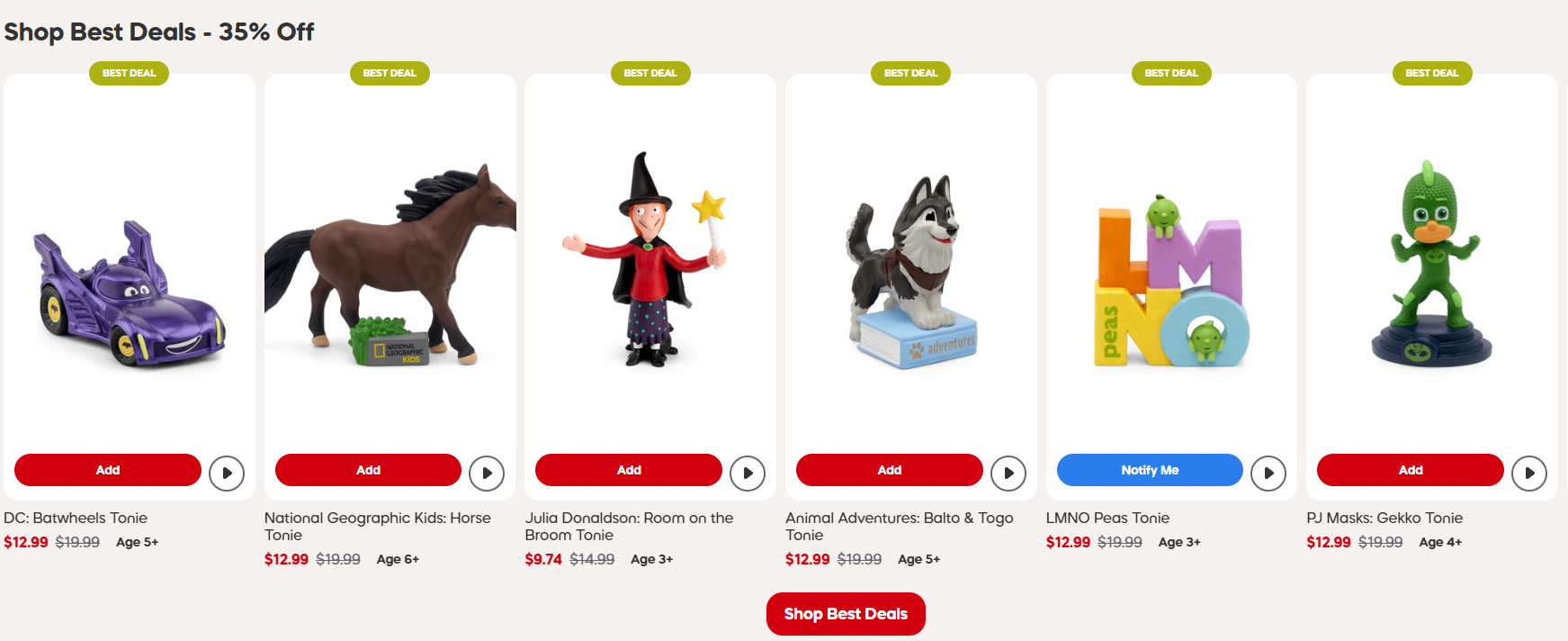Data theft and cyber risks are significant causes of disruption for all businesses regardless of their size. These threats affect giant global corporations and small start-ups alike. Without sufficient security measures in place, firms risk suffering from data breaches.
If you want to ensure business continuity, you must invest in the right business data solutions. To get you started, here are some practical data security strategies that you can implement in your business:
1. Hire Managed It Services
Operating systems, smartphones, tablets, and laptops, as well as other types of technology, can store and transfer your company’s critical data. This wide range of potential targets reaffirms the need for security. It’s only understandable that a frequent source of fear among entrepreneurs is getting hacked or becoming a victim of a data breach.
Businesses may suffer severe financial losses and damage to their reputation as a result of a data breach. Fortunately, by using managed IT solutions, companies can avoid security breaches and respond quickly when they do occur.
Furthermore, all firms, particularly those in the legal and health-care professions, must now adhere to industry-specific standards. A managed service provider can help ensure compliance by enhancing existing rules, protocols, and procedures.
2. Keep Passwords Secure
Even something as straightforward as a password can be enhanced to help safeguard your data. The more complex your passwords are, the more protection they can provide.
Make your passwords at least eight characters long and include numbers and other non-standard characters to make them more difficult to guess. It also helps to change them regularly. Moreover, use seemingly random letters, numbers, and special symbols as your password.
If you’re worried about forgetting your own password because of how complex it is, you can always use reliable password managers. With these, you and your employees no longer have to worry about forgetting your passwords or writing them down somewhere unsecured.
3. Make Sure You Have A Backup
While data breaches and hacks are the most frequently highlighted cause of data loss, they’re far from the only potential source of risks. Data loss can occur due to a variety of circumstances, including power outages, natural disasters, and machine failure, which further worsen their impact on businesses. So, it’s better to be safe than sorry, as some data may be lost permanently.
Even if a computer is compromised, maintaining backups enables you to reinstall operating systems and other essential software. Due to these intermittent and unpredictable circumstances, it’s a good idea to back up your data regularly.
4. Delete Previously Stored Data
Businesses retain data indefinitely, usually utilizing a combination of internal servers and third-party services. It’s far too simple to lose track of the amount of data you’ve stored, backed up, archived, or accidentally deleted in a folder that no one uses. So, conduct a data audit yearly and get rid of any data that’s no longer necessary.
There may be information and data that you want to keep indefinitely. If this is the case, consider deleting any personally identifiable information and preserving only the survey data you require.
5. Avoid Using Public Wi-Fi
Public Wi-Fi networks, or those that aren’t password-protected and accessible to the general public, aren’t trustworthy. Yes, they’re convenient, widely available, and are frequently provided by most businesses. However, these are also common entry points for hackers.
Malicious parties can either hack into an existing Wi-Fi network to gain access to other devices linked to it, or they can use a hotspot to create their own Wi-Fi network and wait for others to connect eventually. Knowing that, keep an eye out for any strange public Wi-Fi networks that suddenly appear in your workplace. Make sure you and your team only connect to the secure business Wi-Fi network to prevent data breaches.

6. Keep An Eye Out For Internal Threats
It’s only natural to assume that most threats originate from outside your organization. However, the people within your business may also pose the most significant risk.
By their very nature, insider attacks are challenging to detect and avoid. It may be as simple as an employee opening an email attachment from a seemingly trustworthy source and infecting their computer with a ransomware virus. To protect your business, consider educating your staff on the various forms of cybersecurity threats.
7. Create A Counterplan
Data breaches and hacks can significantly impact a business, and the associated cost increases exponentially as the business grows. As a result, establishing a breach response policy is one of the most effective ways for your business to safeguard its data.
Because it enables your organization to respond successfully to a data breach, your response plan should be viewed as a crucial component of your cybersecurity policy. Businesses will benefit from response strategies that aid in securely protecting stolen data, resolving defects, and informing the appropriate parties.
Takeaway
As a business owner, you bear a huge responsibility to your family, employees, and investors. This responsibility entails optimizing your business’s data security, which will help safeguard your business and its stakeholders. Keep the strategies discussed above in mind as you start the process of protecting your business data.



















Leave a Reply